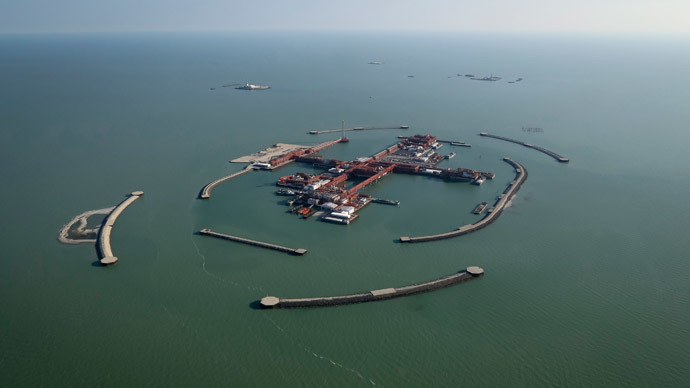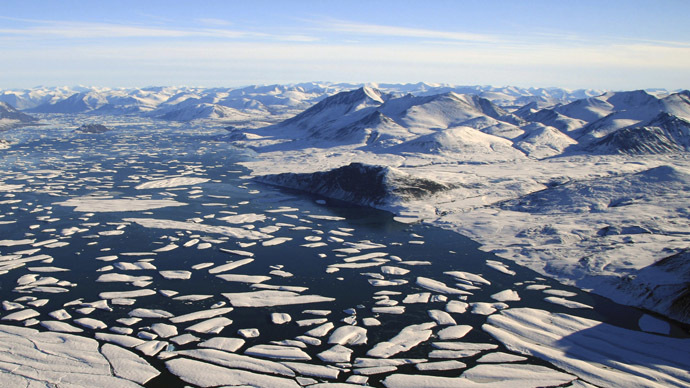The five nations with access to the Caspian Sea have agreed on how they would share its resources at a meeting in Russia. All the details of the agreement are to be settled by next year, when a treaty is planned to be signed.
Russia, Armenia, Turkmenistan, Kazakhstan and Iran will retain
sovereignty over waters up to 15 nautical miles from their
coastlines, they announced in a joint statement following the
meeting in Astrakhan, Russia’s largest city in the Caspian
region. They will also have exclusive fishing rights over 10 more
nautical miles.
The rest of the inland sea will be developed jointly by the five
littoral states, the statement said.
The countries are yet to settle on the exact borders separating
their respective sectors. The work is expected to be finished by
the time of the next Caspian Five summit.
President Vladimir Putin has called the summit a
“breakthrough” because its participants managed to agree
“on the principles of cooperation and solving of key issues
of interaction in the Caspian Sea” and formulate them on
paper.
After meeting with his counterparts, the Russian president said
that the talks had produced a concrete wording on the demarcation
of waters, seabed and subterranean resources, as well as on
fishing and navigation rights.
“The provision that most of the Caspian Sea remains for our
joint use has great importance. It eliminates future
misunderstandings or tensions in international relations, which
could previously arise from the difference in national approaches
toward the Caspian waters,” Putin said.
In a joint statement, the five leaders also spoke out against the
presence of the military forces from non-Caspian states in the
region.
Regarding their own armed forces, the sides agreed to ensure
“a stable balance of arms in the Caspian Sea, to implement
military construction within reasonable sufficiency, taking into
account the interests of all parties without harming the security
of each other."
Among the issues discussed were plans to hold a joint naval
exercise between the armed forces of the five countries in 2016.
Iranian President Hassan Rouhani noted that the Caspian Sea is a
closed sea, which makes it vital for the states in the region to
respect each other's interests and act on the basis of consensus.
Kazakhstan’s leader, Nursultan Nazarbayev, said that he doesn’t
exclude the possibility of the Caspian states creating their own
international organization to promote even more effective
cooperation in the region.
There is an idea for the five countries to synchronize their
hydrocarbon trade policies, which would help stabilize prices and
ensure better energy security both for the countries involved and
their customers.
The leaders also discussed joint rescue operations, taxation and
a customs regime, among other issues.


